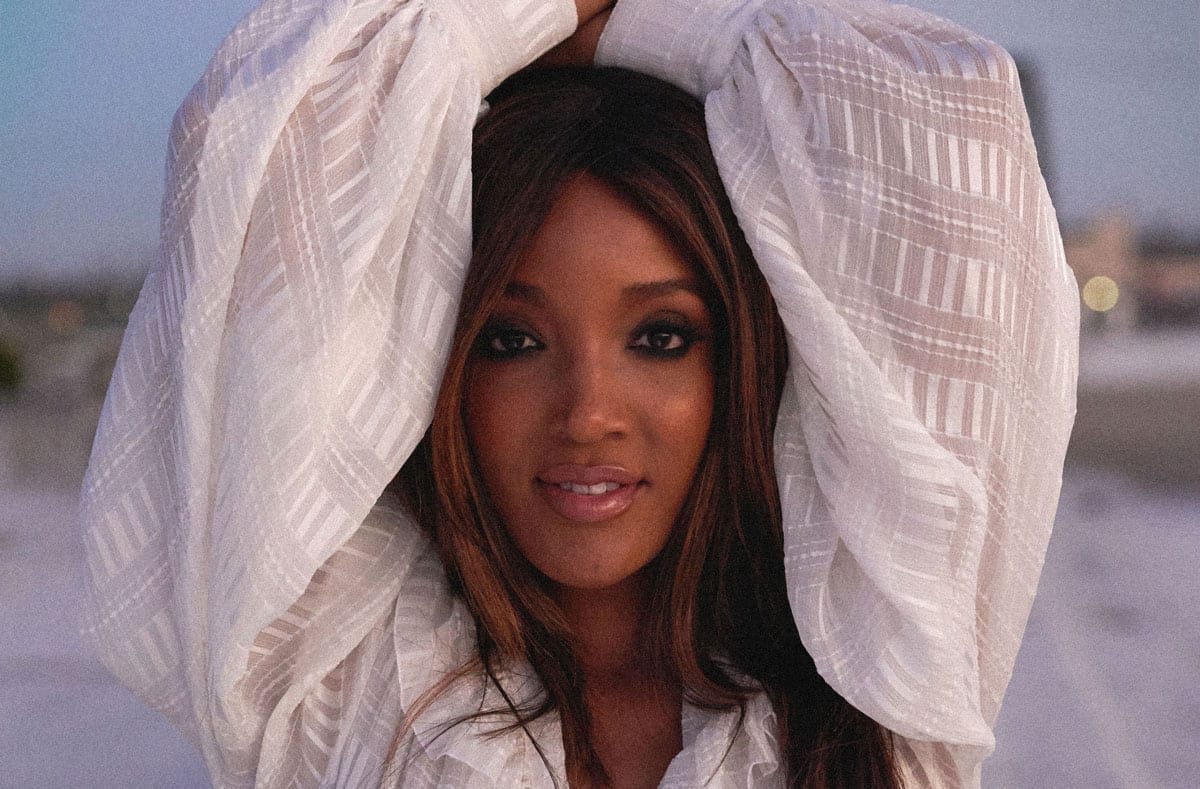Menu
WRU JOURNAL

Volume 1, Issue 1
Menu
WRU JOURNAL

Volume 1, Issue 2





Holly Gleason has written for ROLLING STONE, THE LA TIMES, NY TIMES, MUSICIAN, HITS and NO DEPRESSION. She is the author of WOMAN WALK THE LINE: How The Women of Country Music Changed Our Lives, the 2017 Belmont Book Award winner. The 2019 CMA Media Achievement winner, she is at work on PRINE ON PRINE: Encounters and Interviews for Chicago Review Press.
“I’m not trying to be a preacher, or tell people, but I know we’re all reaching for this magical thing that doesn’t exist, trying to fit into a country music scene saturated with men and what they do. But as soon as I let go of I need to be on country radio, catering in a way that’s not your truth or sound, I found my voice. And now I’m trying to speak the truth in love so people can feel it and move towards something better.” – Mickey Guyton
“I had a radio guy say, ‘Why don’t you write some cute little fluffy song?’,” Mickey Guyton says, assessing the reality of country radio today. “But I’m an adult. I’m a woman going through real shit-and my life isn’t light and fluffy.”
Guyton didn’t intend to be a protest singer. Born and raised in Crawford, Texas, down a gravel road from President Bush’s family compound, the power-singer with the massive range, who co-hosts April 18th’s “Academy of Country Music Awards” on CBS, just wanted to sing country music. Only, Mickey Guyton was Black.
In spite of earning standing ovations each year she performed for radio decision-makers at Country Radio Seminar—in spite of being offered a record deal on the spot after singing an a cappella Patty Loveless song in Universal Music Group Mike Dungan’s office—in spite of vocal support from Carrie Underwood and “ACM Awards” co-host Keith Urban—it wasn’t happening.
So, Mickey Guyton made a decision.
“They weren’t playing me anyway, trying to play by the rules wasn’t doing me any good.”
Out tumbled the, “I got your back” pledge, “Sister” for all the girls trying to navigate the glass ceiling/Me Too/truth-slaying, “What Are You Going To Tell Her?” and the powerful questioning of place and reality, “Black Like Me.”

Working with collaborator Karen Kosowski, the pair landed on a way to record her truth that was, well, true. In working with an outlier, in writing from her own experience, Guyton—still frozen out by country radio and the various radio-echoing streaming services—tapped a zeitgeist that delivered a Grammy nomination as the prestigious Nashville Scene Country Critics’ Poll voted her Artist of the Year and “Black Like Me,” Song of the Year.
“The older I got, the more I appreciated the truth of it,” Mickey Guyton says of embracing country music. “There’s a Dolly song about maybe I should gain some weight, and Johnny Cash has ‘Don’t Take Your Guns To Town.’ Those things are as real as you get, and I loved that…
“We were having a discussion in the car when my husband said to me, ‘You’re running away from everything that makes you different, that makes you, you. Your story is different, and that’s what makes you stand out.’”
Suddenly, the flood gates opened. Not that the woman who performed “What Are You Going To Tell Her?” on 2020’s “ACM Awards” with only Urban on piano was looking to be a “black country artist.” She put out her songs without haranguing. She looked for moments that made sense.
When the music industry did Blackout Day after George Floyd’s killing, she dropped “Black Like Me,” written years prior at a songwriters’ retreat. No press release or network TV appearances, just her socials straight to the people. The response was immediate and powerful.
“I try to encourage women all the time: Speak your truth. It’s not ‘write better songs’ like they tell you, because those songs aren’t better, it’s be real. Women are getting lost because men are telling them how things need to be done, to dress, to act. But men don’t know how women feel.”
She pauses again, letting it absorb.
“I’m not trying to be a preacher, or tell people, but I know we’re all reaching for this magical thing that doesn’t exist, trying to fit into a country music scene saturated with men and what they do and what. But as soon as I let go of, ‘I need to be on country radio,’ catering in a way that’s not your truth or sound? I found my voice. And now I’m trying to speak the truth in love so people can feel it and move towards something better.”
As reigning queen Carrie Underwood says, “Being a woman and being African American makes her unique, and should only add to the specialness that already exists. I’m not sure why, at this time in our format, uniqueness doesn’t seem to be celebrated. But I do know the only way to resolve it is by rewarding talent no matter where it comes from! That’s the kind of example I want those little girls in the audience to see when they come to our shows.”

Join us for our next issue, and let’s talk with Eric Church about getting back to normal and a return to the stage. “It’s a Hell of a View.”
